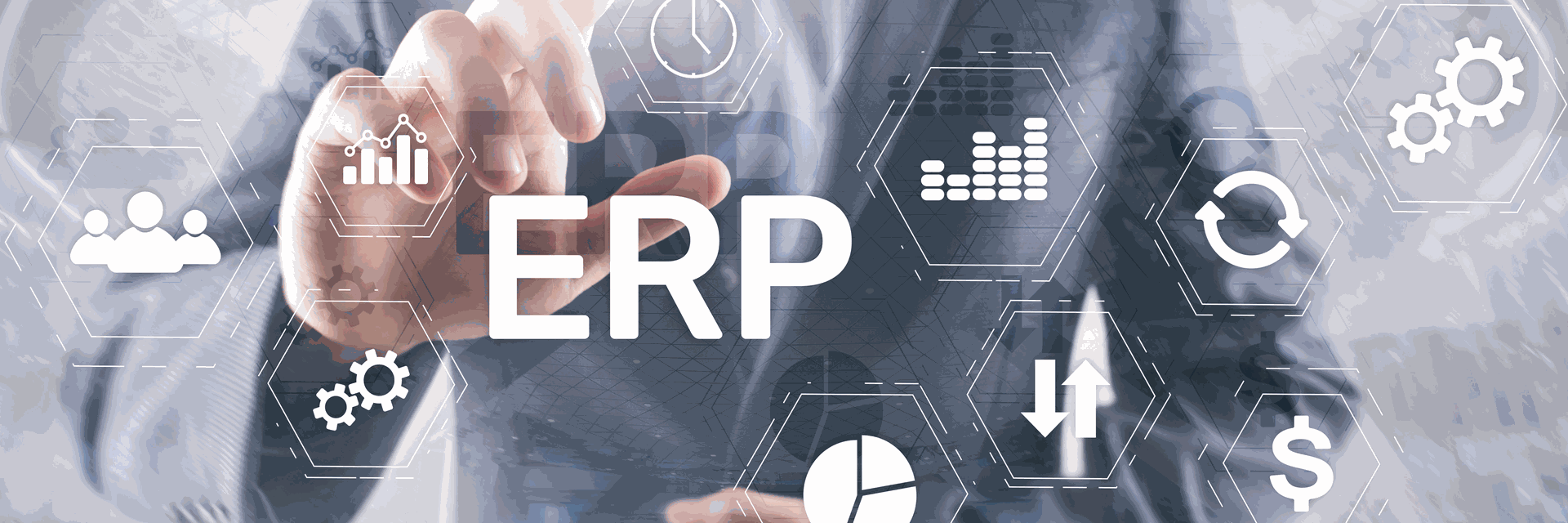An Enterprise Resource Planning (ERP) system is a comprehensive software solution designed to manage and streamline various aspects of an organization’s business functions, processes, and workflows. Break down what ERP entails:

- Core Business Processes: ERP encompasses all the essential processes needed to run a company. These typically include:
- Finance: Managing financial transactions, accounting, budgeting, and reporting.
- Human Resources (HR): Handling employee data, payroll, benefits, recruitment, and performance management.
- Manufacturing: Overseeing production, inventory, quality control, and supply chain.
- Supply Chain: Coordinating procurement, logistics, and distribution.
- Services: Managing customer service, field services, and maintenance.
- Procurement: Handling purchasing, vendor management, and supplier relationships.
- Integration and Automation: ERP systems integrate these processes into a single, unified platform. They automate routine tasks, reducing manual effort and improving efficiency.
- System of Record: An ERP system serves as the central repository for an organization’s data. It provides a single source of truth across departments, ensuring consistency and accuracy.
- Modern Features: Today’s ERP solutions go beyond basic functionality. They leverage technologies like artificial intelligence (AI) and machine learning to enhance automation, efficiency, and decision-making. Cloud-based ERP systems connect internal operations with global business partners, fostering collaboration and agility.
- Benefits of ERP:
- Higher Productivity: Streamlining processes allows employees to do more with fewer resources.
- Data Accuracy: ERP ensures reliable financial records, critical for banks, shareholders, and compliance.
- Timely Decision-Making: Management gains instant visibility into company performance.
- Global Collaboration: Cloud ERP connects organizations worldwide.
- Agility: ERP enables companies to adapt quickly to changing market conditions.
In summary, ERP acts as the “central nervous system” of an enterprise, providing the automation, integration, and intelligence necessary for efficient day-to-day operations. ERP software system provides the automation, integration, and intelligence that is essential to efficiently run all day-to-day business operations. Most or all of an organization’s data should reside in the ERP system to provide a single source of truth across the business. Its importance is reflected in the growing adoption rate, according to G2, “The global ERP software market is projected to reach US$78.40 billion by 2026, growing at a CAGR of 10.2% from 2019 to 2026.”

